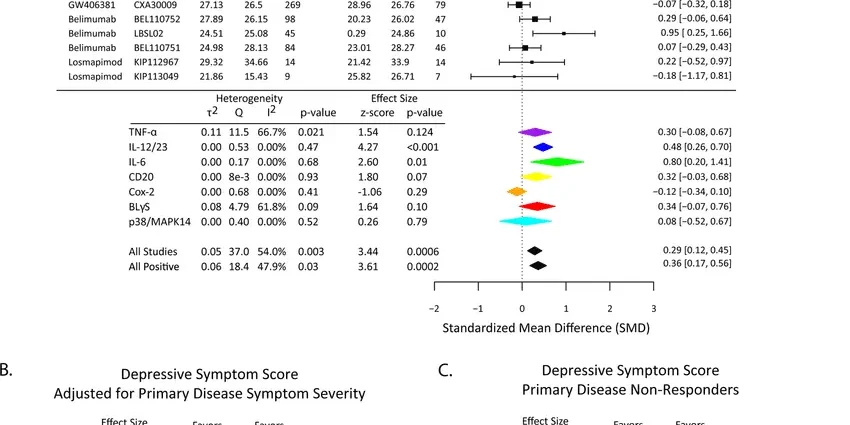In recent years, it has become known about the relationship of depression with the state of the body’s immune system and that anti-inflammatory drugs can reduce its manifestations.
There was hope that similar drugs could be effective for other mental illnesses, such as post-traumatic stress disorder (PTSD). Studies conducted in the army have shown that most often PTSD develops in those military men who had an elevated level of the CRP protein in their blood before a trip to “hot spots”. Usually this substance appears in connection with inflammatory processes or due to a genetic mutation that increases the activity of the protein.
Christopher Lowry, a neuroscientist at the University of Colorado Boulder, conducted a series of experiments to find out how changes in immune system activity affect fear and anxiety.
Read more:
- Is it possible not to get sick?
Experimental rats were injected with Mycobacterium vaccae bacteria three times over three weeks to modulate their immune systems. Then these rats, along with a control group of other individuals who were not vaccinated, were placed in a cage with larger and more aggressive animals.
The vaccinated rats interacted more actively with the aggressors, although usually the rodents simply give up and refuse to fight. They also retained a healthy gut microflora, while the control rats developed intestinal inflammation and microflora changes, starting to grow bacteria that usually appear in a state of stress.
In a second experiment, Lowry and colleagues first trained rats to be afraid of a particular sound, evoking an association with a painful electric shock. Then the rodents were weaned from being afraid of this sound, playing it just like that, without turning on the current. Rats that were vaccinated got rid of the fear of sound much faster. As a result of a series of experiments, scientists came to the conclusion that immunomodulators can potentially be used both for the prevention and treatment of PTSD.
Подробнее см. С. Lowry et al. «Immunization with the immunoregulatory saprophytic bacterium, Mycobacterium vaccae, enhances fear extinction in adult male Sprague Dawley rats», International Behavioral Neuroscience Society annual meeting, 2015.










